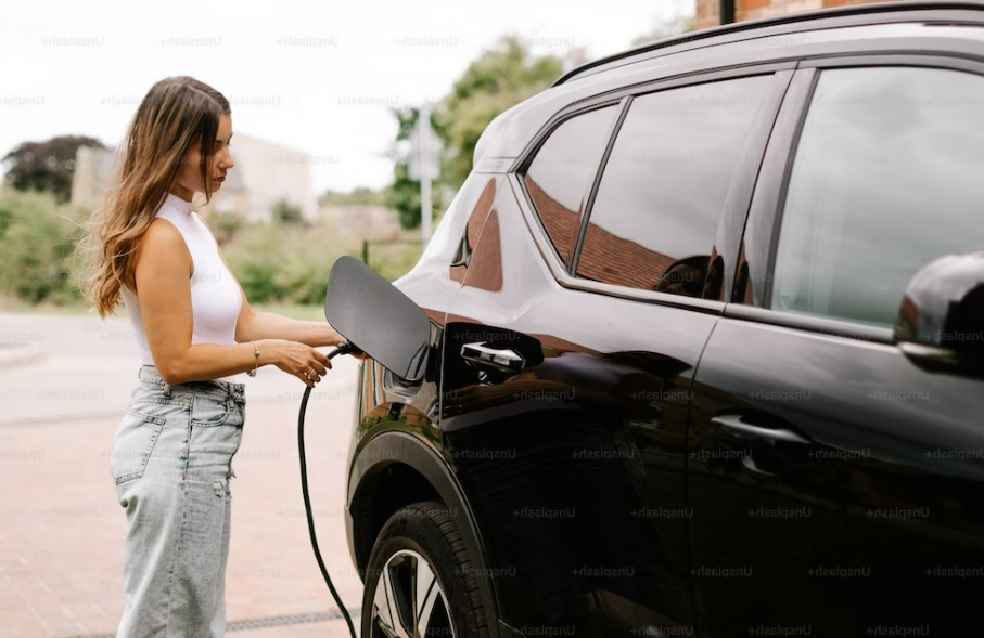With the advent of the electric vehicle (EV) revolution, traditional automakers are confronting multifaceted challenges to ensure their future relevance. In light of these predicaments, American automotive giant Ford has recently lobbied for post-Brexit EU trade requirements on rules of origin for electric vehicles to be deferred until 2027, up from the current year of 2024. The proposed extension aims to allow Europe’s nascent battery supply chain to mature adequately and fulfil the burgeoning demand for EVs.
As stated by Ford, these tariffs, if imposed without delay, would unnecessarily burden consumers and potentially retard the progression to electric propulsion. The impacts of such tariffs would not only affect UK-based manufacturers but also their counterparts in the EU. Hence, Ford highlights the urgency for the UK and the EU to negotiate a mutually beneficial resolution.

A substantial £380 million ($480 million) investment by Ford is underway at an engine plant in Halewood, near Liverpool, England. This investment is a part of Ford’s overarching plan to bolster the electrification process across Europe.
Stellantis, the parent company of Vauxhall, has already expressed similar concerns, threatening that British car factories would shutter, resulting in substantial job losses, unless the Brexit deal is expeditiously reworked.

The Brexit-induced trade deal currently mandates that, to circumvent tariffs, 45% of an EV’s value sold in the EU must originate from either Britain or the EU, effective from 2024. A primary challenge arises here as battery packs often constitute up to half of a new EV’s cost, and their hefty weight makes long-distance transportation uneconomical.
In parallel to this, Britain’s auto industry currently lacks an adequate supply of locally-sourced batteries and components to meet demand, a deficiency underscored by Ford’s warning. The automotive titan has cautioned that any hasty tightening of trade rules could undermine the transition to EVs, disproportionally affecting those manufacturers that have significantly invested in this transition.

The potential ramifications of not having local battery manufacturing capabilities were further elucidated by former Nissan Chief Operating Officer, Andy Palmer. According to Palmer, such a scenario could lead to an exodus of car manufacturers from the UK to mainland Europe, posing a direct threat to approximately 800,000 jobs linked to the UK’s auto industry.
Amid these stern warnings, the European auto industry trade body, ACEA, has joined the call for a prolonged phase-in period. The present reality of the supply chain, it contends, is inadequately prepared to meet these challenges. This plea resonates powerfully at a time when global automakers are strategically selecting sites for new battery gigafactories to consolidate their positions in the EV race.
DON’T MISS: Tractor Origins: The Agricultural Revolution’s Dawn





